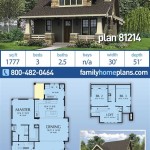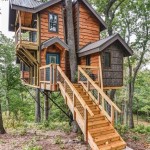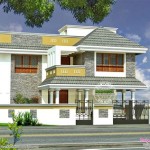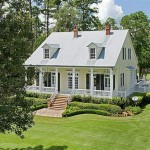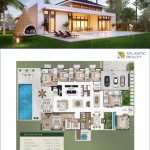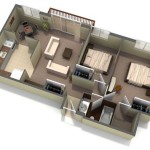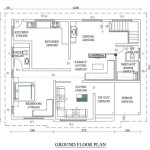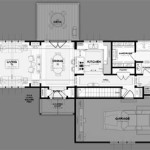Delving into the Realm of Hillside House Plans: Essential Aspects and Considerations
Building a home on a hillside presents unique challenges and opportunities that require careful planning and design. Hillside house plans are specifically tailored to embrace the contours of sloping landscapes, maximizing the site's potential while overcoming its complexities.
When embarking on the journey of designing a hillside home, consider these essential aspects to ensure a functional, aesthetically pleasing, and structurally sound dwelling:
1. Topography and Site Analysis
The slope and orientation of the hillside are crucial factors. Steep slopes require special engineering techniques, while a north-facing slope may impact natural light and heat gain. An in-depth site analysis will guide the placement of the house and determine the most suitable design.
2. Foundation and Retaining Walls
Hillside homes require robust foundations to withstand the lateral forces exerted by the slope. Retaining walls are often necessary to stabilize the soil and prevent erosion. Proper drainage systems are essential to channel rainwater and protect the integrity of the foundation.
3. Access and Circulation
Access to and circulation within the house should be well-planned. Consider the location of driveways, walkways, and stairs to ensure safe and convenient movement around the property. Multi-level designs may require elevators or ramps for accessibility.
4. Views and Orientation
Hillside homes offer unparalleled views of the surrounding landscape. Maximize the panoramic vistas by strategically placing windows and balconies. Consider the orientation of the house to capture natural light and breezes while minimizing solar glare.
5. Outdoor Spaces
The sloping landscape provides opportunities for unique outdoor spaces. Terraces, patios, and decks can be integrated into the design to extend the living area outdoors. These spaces offer panoramic views and enhance the indoor-outdoor connection.
6. Natural Elements
Embrace the natural features of the hillside, such as trees, rocks, and vegetation. Incorporate these elements into the design to create a harmonious relationship between the house and its surroundings. Sustainable landscaping practices can enhance the aesthetic appeal and reduce environmental impact.
7. Architectural Style
The architectural style of the hillside house should complement the natural environment and the owner's preferences. Modern designs with clean lines and large windows maximize natural light and views. Traditional styles may incorporate stone or wood materials to blend with the surroundings.
Conclusion
Designing and building a hillside home requires careful attention to detail and a deep understanding of the site's unique characteristics. By considering the essential aspects outlined in this article, homeowners can create a functional, aesthetically pleasing, and sustainable dwelling that seamlessly integrates with its natural surroundings.

Hillside House Plans With Garages Underneath Houseplans Blog Com

The Architect Split Level House Built On Steep Slope Description From Kathabuzz Co Into Hillside Architecture Unique Plans

Wow That Luxurious Modern Hillside House With A Surrounding Terrace Ulric Home

Sloped House Designs The Pros And Cons Of Hillside Homes

Visit A Hillside House Rooted In Nature

Modern House On A Hill Design Concepts For Sustainable Living

Hillside House Slope Design

Modern House Plans By Gregory La Vardera Architect A Very Interesting Hillside Design

10 Contemporary Hillside Abodes

Luxury Hillside Home Interior Design Ideas

